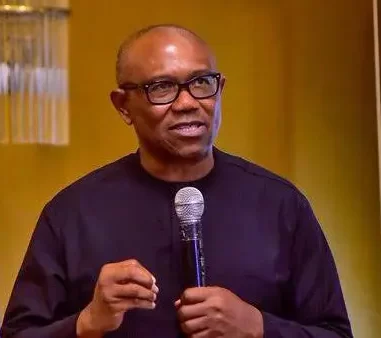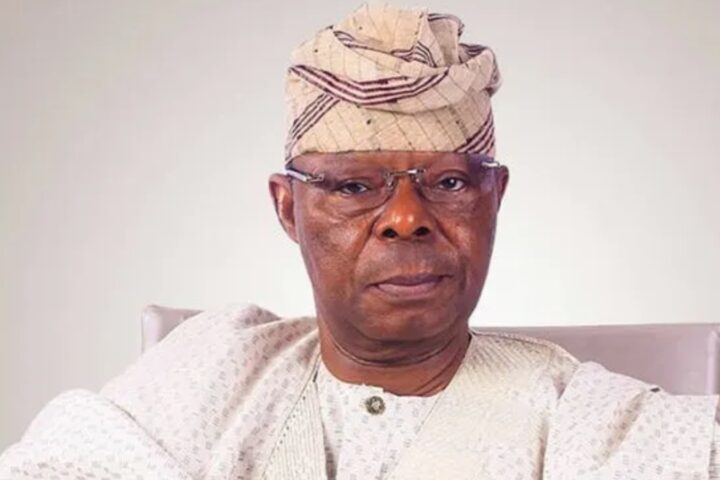Presidential candidate of the Labour Party in the 2023 general election, Mr Peter Obi, has criticised the decision of the Central Bank of Nigeria’s Monetary Policy Committee (MPC) to hike the Monetary Policy Rate (MPR) to 22.75 per cent
Obi asserted that the new policy will worsen the economic situation in the country and seriously affect the productive sector as well as lead to loss of jobs.
Join our WhatsApp ChannelIn a statement via his official X handle, the former Anambra State governor said: “Let me confess that the label of being a vintage Onitsha-based trader does not in any way confer on me the status of an economic expert.
“With my vast trading knowledge and my involvement in the real sector, I am of the strong opinion that the recent decision of the Monetary Policy Committee to increase the Monetary Policy Rate (MPR), to 22.5% and the Cash Reserve Ratio (CRR), to 45% will further worsen the economic situation of most Nigerian households as it is bound to cause more job losses in the productive sector, especially manufacturing and other sectors that rely on bank loans for their funding needs.
READ ALSO:
- CBN: Confronting Inflation And Other Challenges
- Why CBN’s 22.75% MPR Hike Can’t Tame Inflation In Nigeria – CCPE
- How CBN’s New Monetary Policy Rate Will Affect Businesses In Nigeria – Economic Experts
“Tightening liquidity in the financial system does not improve productivity, i.e. food production, which is the major cause of inflation in Nigeria. Moreover, only about 12% of N3.6 trillion total money, in circulation, is in the banking system which means that 88%, about N3.2 trillion is outside the banking system.”
Obi therefore contended that the monetary policy tightening measure would be counterproductive as it would not address the intended purpose of managing money supply in the economy.
He further pointed out that the new increase of the MPR, the benchmark interest rate, would shrink supply of funds to the real sector push the interest rate on loans to above 30 per cent, “which would be very difficult for the real sector operators, especially manufacturers and SMEs to repay; consequently resulting, obviously, in increased bad loans, and worsening the nation’s economic situation.”
Obi said one of the most appropriate ways to manage high rate of inflation and decline in production is by tackling insecurity in the country.
This, he said: “will allow for increased food, and crude oil production, and the overall increase in production, which will make products, especially foods, cheaper.
“This way we would increase our productivity as well as restore the confidence of FDIs and FPIs to come back to the country.”
Victor Ezeja is a passionate journalist with seven years of experience writing on economy, politics and energy. He holds a Master's degree in Mass Communication.


















Follow Us